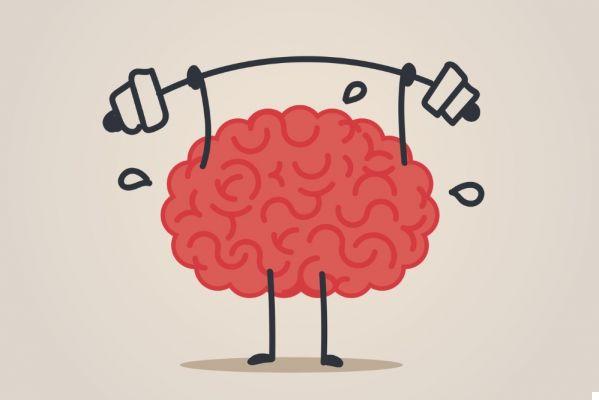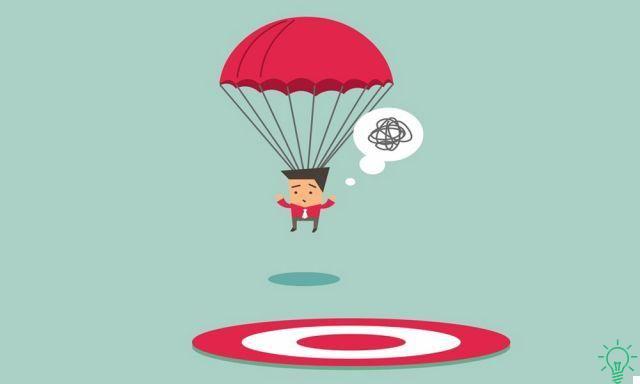
It's a day like any other and it started well but suddenly something starts to go wrong. You spill a cup of coffee on your pants just when you were ready to go to work, you miss the bus for just one minute late, you arrive late to the meeting, when you get home the dog has destroyed your favorite shoes ... all those little “annoyances” or daily mini-disasters that can ruin our day by negatively affecting our mood and, ultimately, limiting our productivity.
How do you usually react to these setbacks? Do you blame yourself for being clumsy, do you fall into frustration or start cursing? Neither of these strategies is helpful in feeling better and reducing stress.
The best strategy for dealing with setbacks is to focus on the problem. These are usually trivial situations for which it is hardly ever worth thinking about how they occurred, because doing so will waste time and put you in a bad mood. Instead, focus on the problem you need to solve immediately. For example, if you missed the bus, don't complain about getting up late, rather think about what you intend to do to get there on time.
Basically, mishaps are things we cannot change because we are unable to go back in time and avoid these small mistakes. So it will be better to take an objective attitude and look to the future to see what we can do to limit the damage.
The interesting thing about this strategy is that emotions can be deactivated in this way. When we focus on something objective that must be resolved rationally, those emotions that make us feel bad are removed because we are taking away control from the limbic system of the brain to give it to the neocortex, the area that determines the logic. As a result, you will be killing two birds with one stone: you will be looking for a solution quickly and you will feel better.
How can I achieve this?
- Recognize your emotions. Focusing on the problem doesn't mean forgetting about emotions. Stop for a second and think about how you feel. Do you feel frustrated, angry, sad or disappointed…? Name what you are feeling because it could help give you some control over this emotion. If you prefer, you can verbalize aloud. In fact, talking about your feelings out loud has been shown to help release tension and restore the feeling of control.
- Find out the cause. Often the setbacks are not the real problem, but only the straw that breaks the camel's back. Are you frustrated because you missed the bus the day before or because you turned down a promotion? Identifying the cause is essential, because it is impossible to fix the problem unless you know what causes it.
- Change the frame of the problem. When we are faced with setbacks we often focus only on the negative aspects but it should be remembered that every situation, no matter how much it hurts us, always has positive aspects. So try to think of the situation as a work of art whose frame only needs to be changed.
At this point you are ready to solve the problem. Or at least, you will have regained control of your emotions.

























